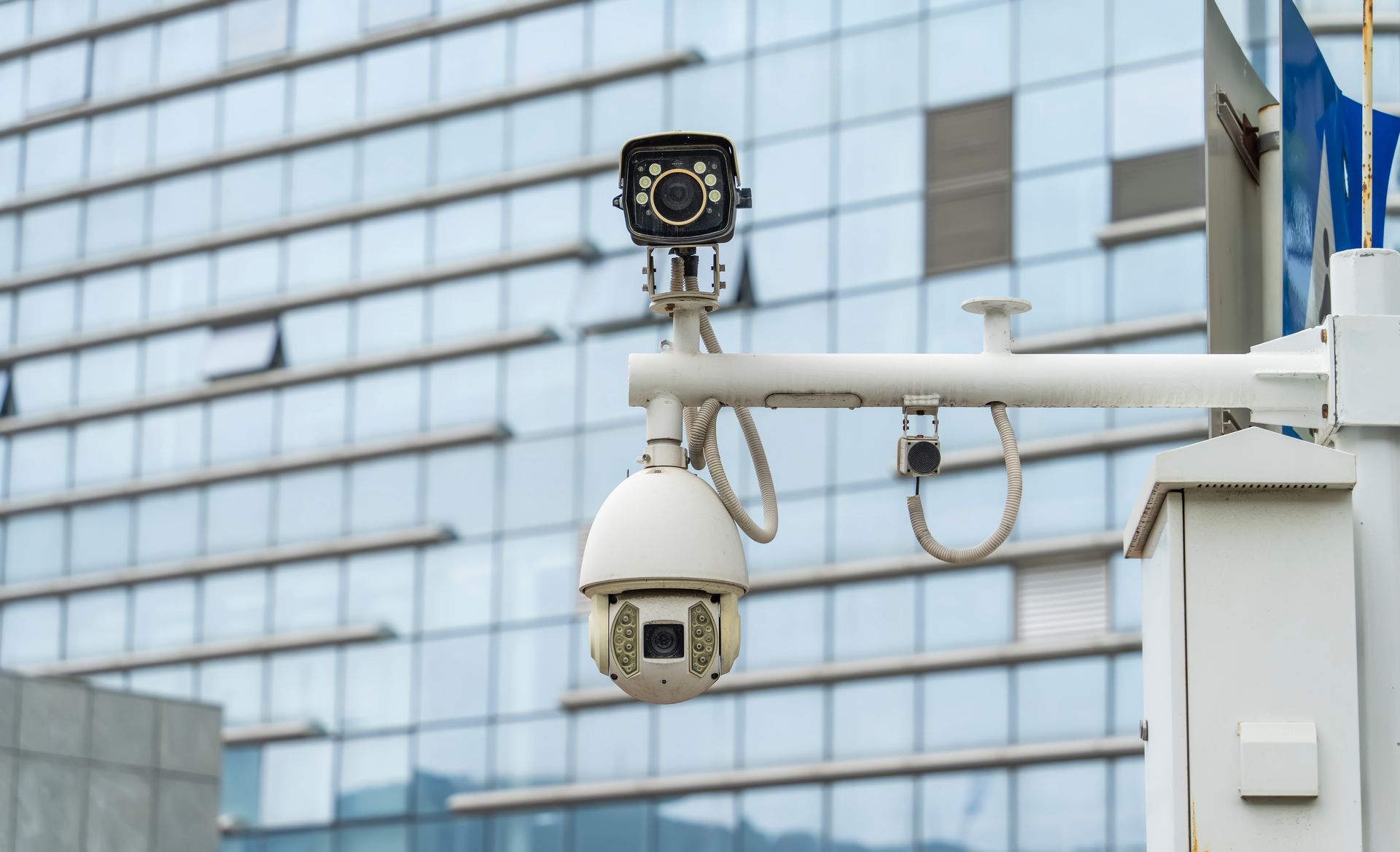Is There Any Privacy Left?
Alison Prentice, AI - December 5, 2023

In the digital age, it's become increasingly clear that we live in a world where privacy is a rare and precious commodity. The proliferation of smartphones, the Internet of Things (IoT), and the omnipresence of surveillance cameras has made it easier than ever for individuals to be tracked virtually anywhere they go. Let's explore how this happens and what it means for our privacy.
The Digital Age and Our Data
From the moment we wake up to the time we go to bed, we generate a wealth of data. Our smartphones are the central hubs for this data. They track our locations, record our conversations, and store our personal information. This data is often shared with app developers, advertisers, and sometimes even malicious actors without our explicit knowledge or consent.
GPS and Location Tracking
GPS, or Global Positioning System, is one of the primary means by which we're tracked in the digital age. Most smartphones, and even some other devices, have GPS capabilities that allow them to pinpoint our exact locations. Whether you're using a map app for directions or checking in on social media, your location is often shared.
This can be useful for services like ride-sharing apps that need to locate you for a pickup. However, it's also a double-edged sword, as it means that your movements can be tracked in real-time.
Cellular and Wi-Fi Connectivity
Even if you turn off your GPS, your smartphone can still be tracked. This is because your device connects to cell towers and Wi-Fi networks as you move around. By triangulating these connections, your approximate location can be determined with surprising accuracy.
Social Media Sharing
Many of us voluntarily share our whereabouts through social media platforms like Facebook, Instagram, and Twitter. This can be fun and informative for friends and family, but it also means that your movements are visible to a wider audience. Moreover, these platforms often collect location data to target you with ads or to improve their services.
Data Brokers and Advertisers
Your digital footprint is a valuable commodity. Companies known as data brokers collect and aggregate information about your online activities, including your location. They then sell this data to advertisers, who use it to serve you personalized ads. This practice is one reason why you might see ads for a local restaurant shortly after you visit its website or social media page.
The Internet of Things (IoT)
IoT devices, from smart home appliances to wearable fitness trackers, are also capable of tracking your movements and activities. They often sync with your smartphone and store data in the cloud, leaving a trail of your daily life accessible to the companies that manufacture them.
Government Surveillance and Security Cameras
Government agencies and private entities alike deploy surveillance cameras in public spaces. These cameras are often equipped with facial recognition technology, allowing for real-time tracking and identification of individuals.
Protecting Your Privacy
While it might seem daunting to realize just how easy it is to be tracked in the digital age, there are steps you can take to protect your privacy:
1. Review App Permissions: Regularly check the permissions you've granted to apps on your smartphone and limit unnecessary access to your location.
2. Turn Off Location Services: Disable location services when not needed, and use "app-level" location settings to choose which apps can access your location.
3. Use VPNs: Virtual Private Networks (VPNs) can help anonymize your internet traffic and protect your location data from prying eyes.
4. Check Privacy Settings: Review the privacy settings on your social media accounts and limit the visibility of your location information to a select group of friends.
5. Use Encryption: Employ encrypted messaging services to secure your conversations and data from eavesdropping.
6. Be Mindful of IoT Devices: Consider the privacy implications of IoT devices before purchasing and use them cautiously.
7. Stay Informed: Keep up to date with evolving privacy laws and technology trends that impact your data security.
It's astonishingly easy to be tracked virtually anywhere you go in the world in the digital age. While this can be concerning, understanding how this tracking occurs and taking steps to protect your privacy can help you navigate this landscape with greater control over your personal data. The balance between convenience and privacy is a critical consideration in the modern era, and it's essential to remain vigilant in guarding your digital footprint.
We have a lot of things to talk about! More topics of interest can be found in a list on my homepage.

